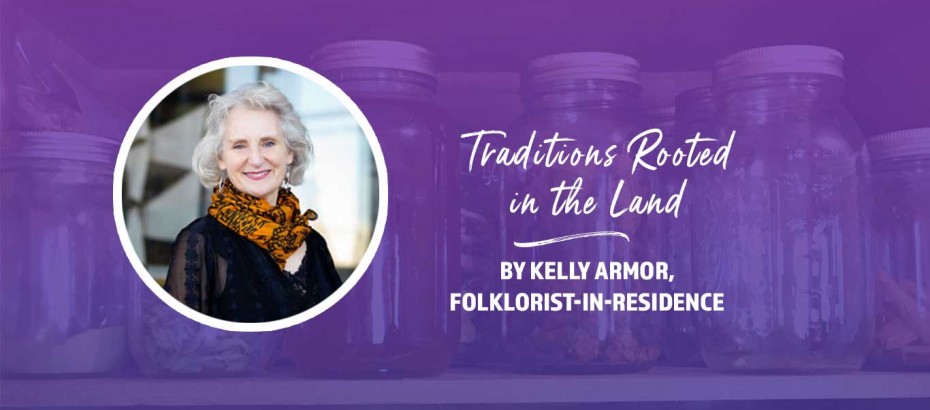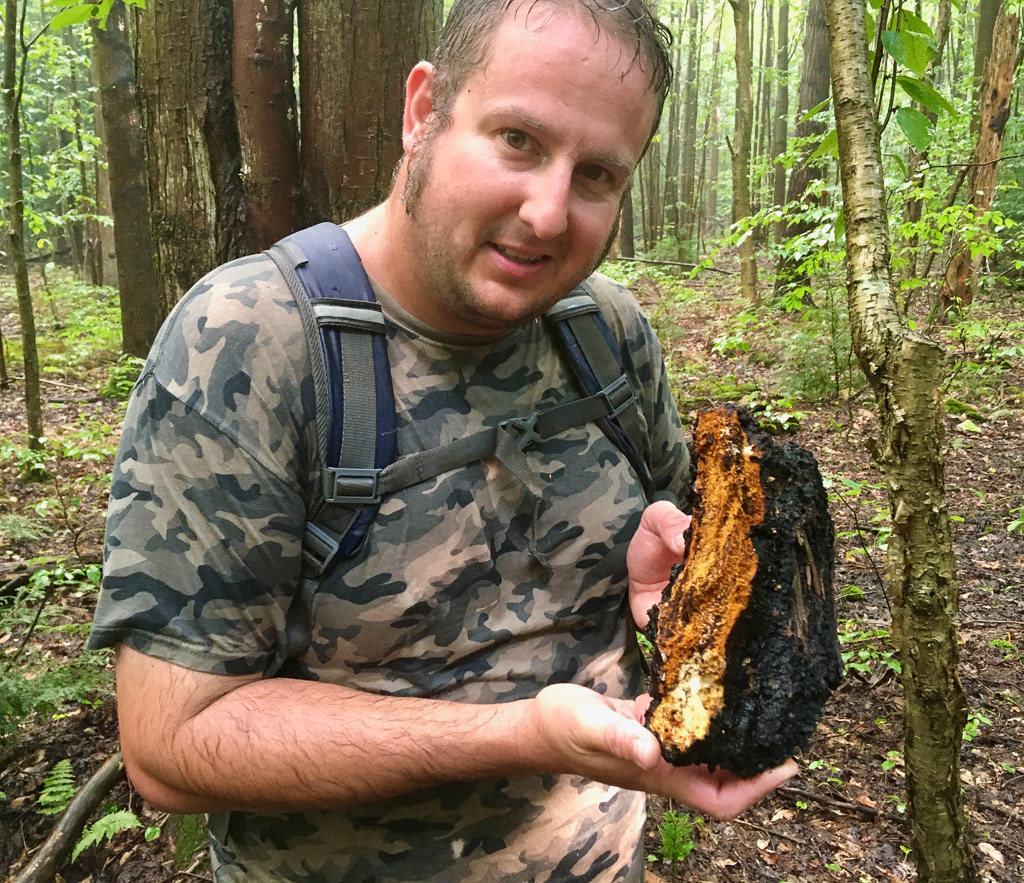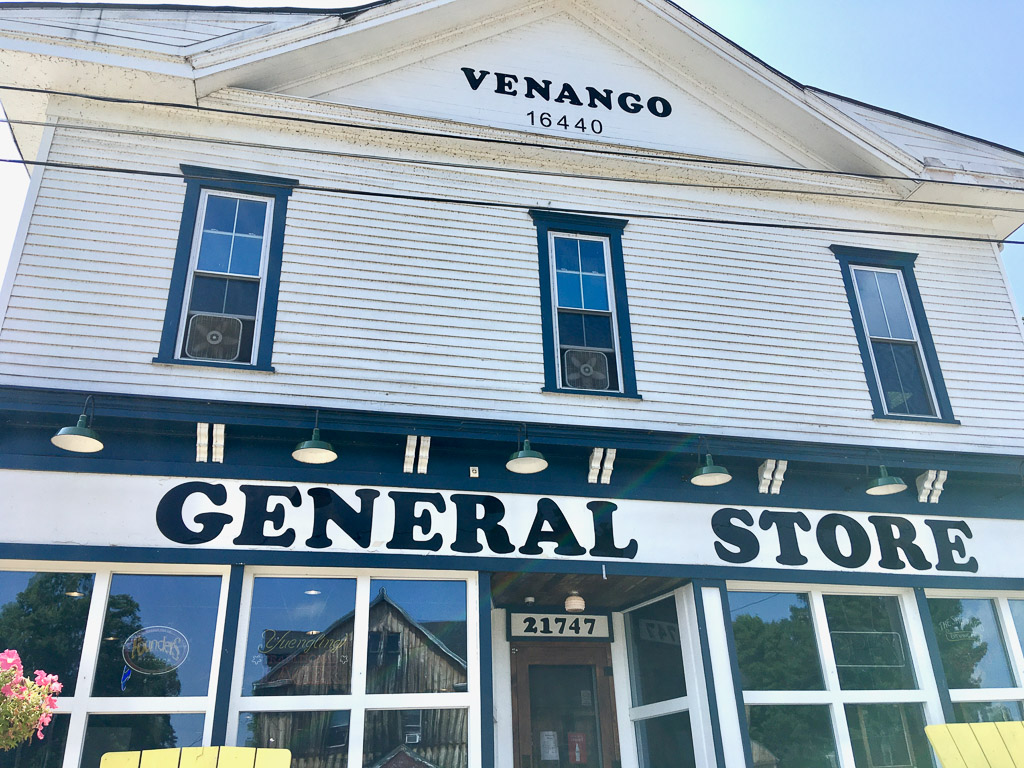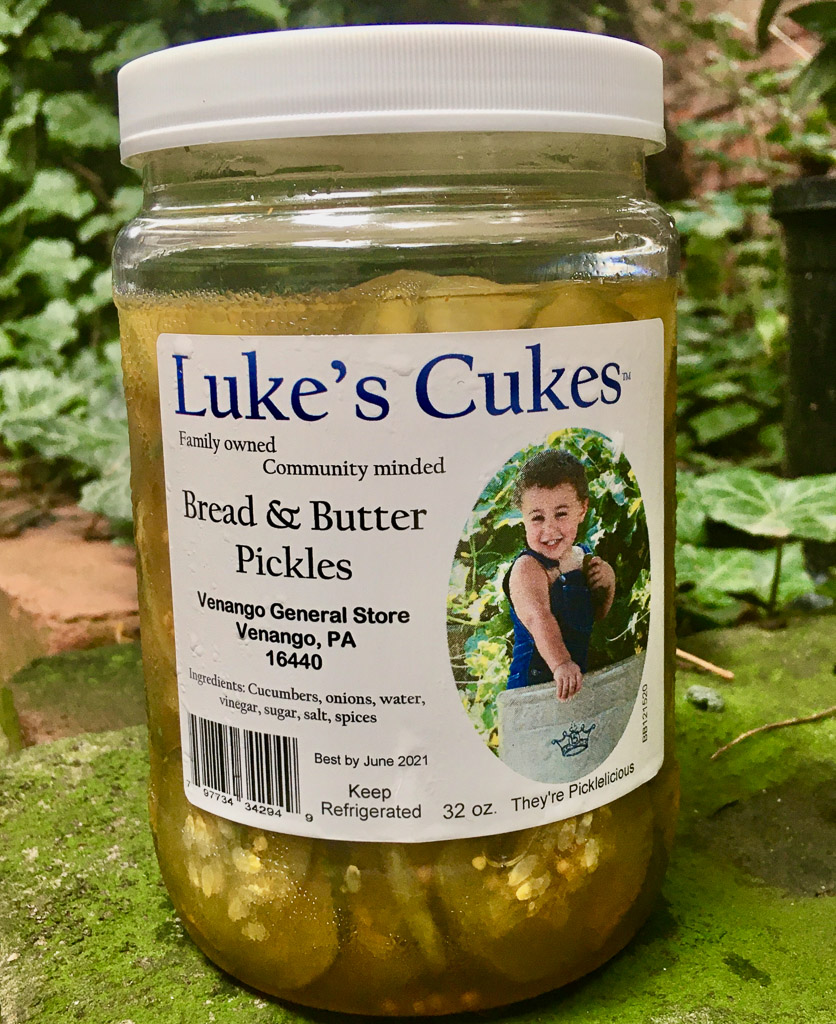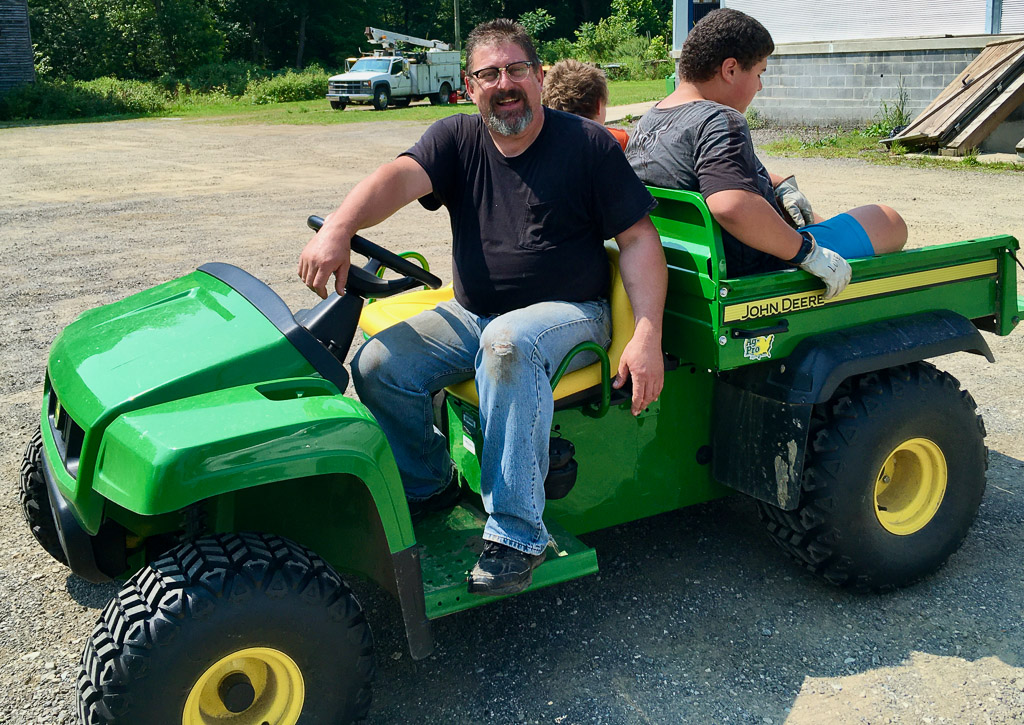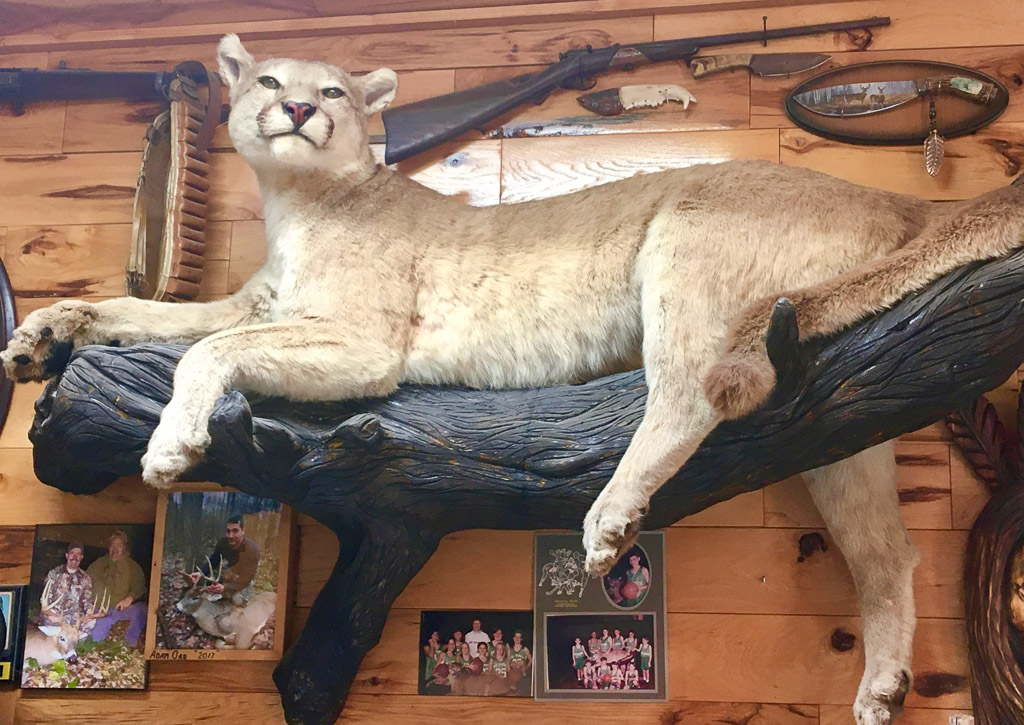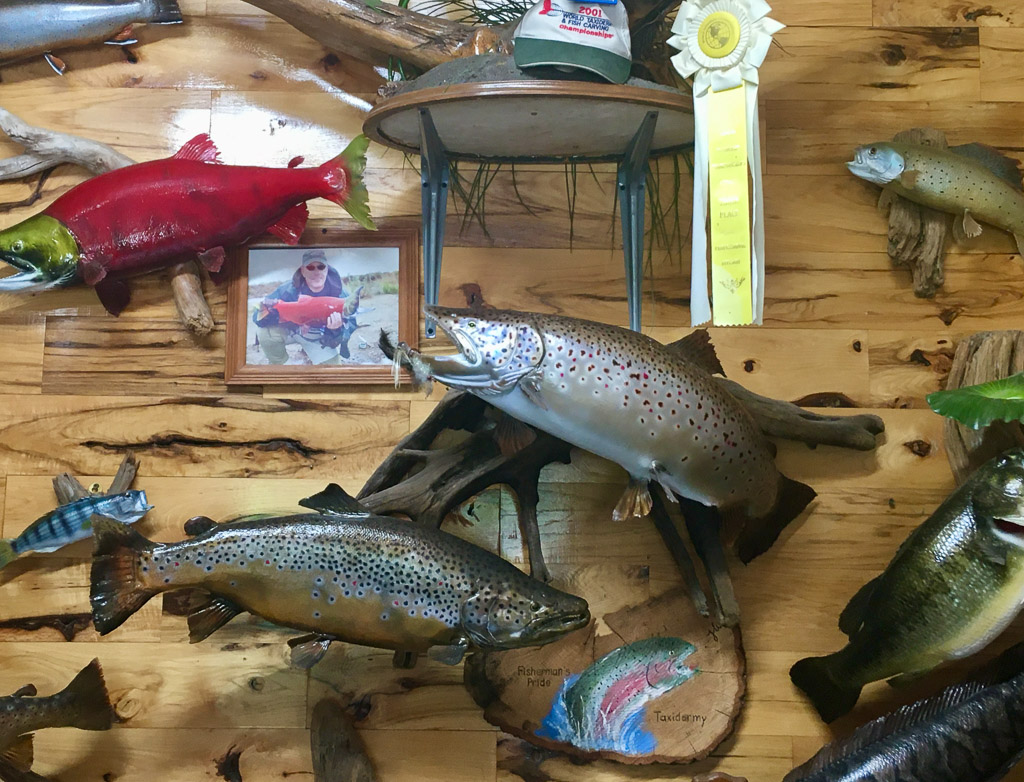Traditions Rooted in the Land
By Kelly Armor, Folklorist-in-Residence
The Pennsylvania Council on the Arts partners with organizations across the Commonwealth to support traditional art and artists. Erie Arts and Culture is responsible for identifying artists and helping communities sustain and share cultural traditions in Erie, Warren, Crawford, Mercer, Lawrence, and Venango counties. As Erie Arts & Culture’s Folklorist-in-Residence, I keep a constant eye out for traditional practitioners of every sort. A big part of my job in Erie County is assisting former refugees in adapting and sustaining their traditions in a completely different culture. Another part of my job is field work. Last year I identified 20 tradition bearers in our six county region.
It can be tricky to define folk arts, but you don’t usually find them on proscenium stages or gallery exhibits. Folk art has a function beyond aesthetic contemplation and much is based in specific ethnic groups like Pueblo pottery, Ukrainian pysanky eggs, or the spring ritual dance done by the Kirat people of Nepal. Folk arts can also live within occupational communities. Here are three tradition bearers I interviewed last year that are intimately connected to their community and the land.
Gregory Orr, Taxidermist
Greg Orr grew up in Titusville hunting and fishing with his father. His gift for fixing and building machines kept him busy as an engineer in the region once he started his own family. Disappointed with the work another taxidermist did, a friend suggested he figure out how to do it himself. Thirty years later Fisherman’s Pride Taxidermy is thriving. He’s done all kinds of mammals (when I visited his shop in late August he was working on two black bears) but his passion and reputation is in stuffing fish. He says he’s preserved over 9000 fish so far. They are particularly challenging because their brilliant colors quickly fade once pulled out of the water. Besides tanning the skin and stretching it over a lifelike foam form he’s also sculpted, he must paint it to restore the original coloration. He is largely self-taught, but credits his great aunt and grandmother, who had a business painting ceramics, as his first art teachers. He has the respect and admiration of other taxidermists in the region and more work than he can handle from the tri-state area. He admits he is a perfectionist. It has taken a long time for him to learn when to let go of a project so he can move on to the next order. Despite his brilliant mechanical mind and his obsession with creating absolutely life-like products his role in his community is the most important part of his work. He said, “A single mom will come in with her boy who has just caught his first fish. The kid is so proud. I know they don’t have the money, but I’ll do it anyway. This will remind him for the rest of his life that he can accomplish something. Old clients will stop by year after year just to check in, too.” Greg Orr can see how his art form shapes memories, people’s connection to nature, and to personal achievement.
Mark Olenik, Pickle Maker
Mark grew up in the suburbs of Long Island where he learned the pickling traditions of his grandmothers (his mother’s family came from England, his father’s from the Carpathian mountain region of Eastern Europe). After college he moved to Lancaster, PA where he worked in IT for the financial investment behemoth, Vanguard. He continued making barrel fermented pickles with his growing family. On a friend’s suggestion, he started a micro-business, Luke’s Cukes, and quickly became a supplier to eleven different grocers. After 20 years at Vanguard he wanted a change and decided he was still young enough to turn pickling into a career, especially if he could move his family to a region where the cost-of-living was lower. In 2011 he purchased an old factory in Crawford County and used the remains of his savings to refurbish it. He opened the Venango General Store in 2016, where he makes Luke’s Cukes, sells other regional goods, operates a restaurant that sources local ingredients and hosts regular entertainment by regional musicians. Fermentation offers a natural metaphor for Mark’s philosophy of community development – situate yourself in a place full of artists and creatives and provide a place that allows relationships to grow and change people for the better. This kind of social fermentation can also be a recipe for preserving local culture. When he designed the restaurant he was adamant about not installing TVs. “I’ve worked in IT,” he said, “I’ve seen how technology can separate folks. Here, on the busiest night, people aren’t on their phones, they are talking to one another.” COVID has been a big challenge but he has plans to teach others. “Fermentation traditions can be lost. It is our responsibility to pass my knowledge to the next generation. Maybe passing it along will spark another’s passion.”
Derek Catchot, Wild Mushroom Forager
Derek grew up on the water in Pensacola, Florida. His grandfather owned a shrimp boat and taught him every conceivable way to catch fish. He moved to Elk County as a young man, hoping it would help steer him away from a drug addiction. There he hunted with his friends but his drug addiction morphed into alcoholism. After a drunken car crash he ended up in rehab. “They would allow us to sign out to go to the Y or to the store to buy cigarettes. But I am a country boy, I needed to be in nature, so I’d sign out saying I was going to the Y and hike a little wooded trail nearby.” There he found and harvested some wild mushrooms and connected with the forager he met in Elk County who helped him identify several edible species. “We only were allowed one hour of cell phone time. I used it to photograph the mushrooms and used Facebook groups to id them. They’d let us use the kitchen at night to make snacks so I was cooking up the mushrooms and sharing them.” Now living in Erie, Derek has now been sober for almost three years and credits wild mushrooms as key to his recovery. “After my flaming car crash I was so embarrassed I sought the woods. My alternative to partying became finding mushrooms. I often feel like I was born 200 years too late. We used to survive on wild plants, mushrooms, and animals.” His obsession with identifying fungi is matched with his desire to teach others. He founded a Facebook group, Fish Forage and Hunt PA, a very active, private group with almost 2000 members. Using 21st century technology to promote ancient skills is not easy. He has recruited a handful of page administrators who are both specialists and kind hearted. “So much on the internet is angry or mean. I want this group to be family friendly. I want people to post questions and not get shamed.” Derek comments on just about every post personally. “I want to grow the page. Being outdoors heals me. I want others to feel good, too.”

For more information about the PCA visit:
Pennsylvania Council on the Arts website

